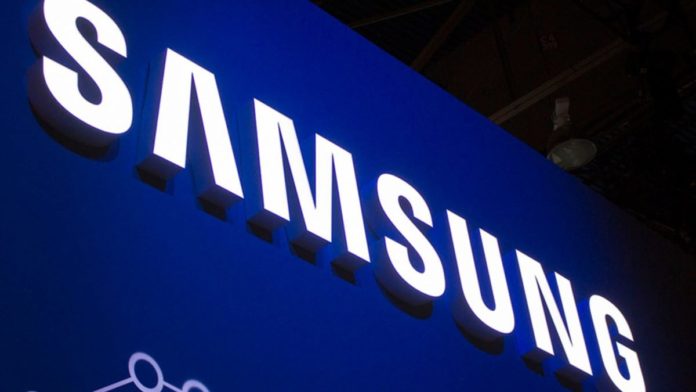Samsung Electronics has announced its first ultra-wideband (UWB) chipset, the Exynos Connect U100, for use in mobile, automotive, and IoT devices. The new hardware solution offers precise distance measurements, down to “single-digit centimetres”, reckons the South Korean firm. It has introduced the U100 as part of its newly-branded Exynos Connect family of short-range wireless solutions, which also covers Bluetooth and Wi-Fi products.
Momentum has built around UWB since it was included in the late-2019 rush of iPhones. Based on the IEEE 802.15.4z standard, it uses wide spectrum (500 MHz to several GHz) and high frequency (6.5 GHz to 9 GHz), away from the busy ISM band at 2.4 GHz. It offers low-power short-range positioning (‘fine ranging’) in three-dimensional space – to about 10 centimetres, typically, from a distance of about 200 metres.
As well as locating objects with high precision, it can track them using distance measurements between radios, and calculate time-of-arrival (ToA) and angle-of-arrival (or movement; AoA). Ranging is achieved by time-of-flight (ToF) measurements of radar signals between devices. The FiRa (fine-ranging) Consortium says UWB outperforms other short-range technologies in terms of accuracy, reliability, and power consumption – “by a wide margin”.
Samsung said the new U100 provides an “accuracy of single-digit centimetres and under five degrees”. It noted its positional accuracy is useful when tracking location in challenging indoor environments, such as warehouses and factories, where GPS is unavailable. It is also useful when running applications that require exact and real-time tracking of moving people and objects, as with AR and VR services, and straight asset tracking.
It noted its growing popularity in solutions for remote payments and smart keys, and in smart homes and smart factories. The U100 complies with the Car Connectivity Consortium (CCC) standard for digital keys, so UWB-enabled smartphones can securely exchange information with vehicles. The power-saving mode in the U100 makes it viable for tracking tags that run on limited batteries; it is also equipped with a scrambled timestamp sequence (STS) function and a secure hardware encryption engine to prevent external hacking, it said.
The U100 integrates radio frequency (RF), baseband, embedded Flash (eFlash) memory, and power management IP into a single chip, as useful for compact devices. The U100 has been certified by the FiRa Consortium; Samsung is a founding member of the group, which also counts Apple, Bosch, Cisco, Google, HID, NXP, Qualcomm, and Thales as members, among others. NXP and STMicroelectronics, notably, were early movers with UWB chips.
Joonsuk Kim, executive vice president of the connectivity development team at Samsung, said: “Our Exynos Connect U100 combines sophisticated ranging and positioning capabilities with strong security to enable hyper-connectivity between people and everyday objects, fueling a range of new applications in positioning and location tracking… We are committed to driving innovation in short-range communication solutions.”

